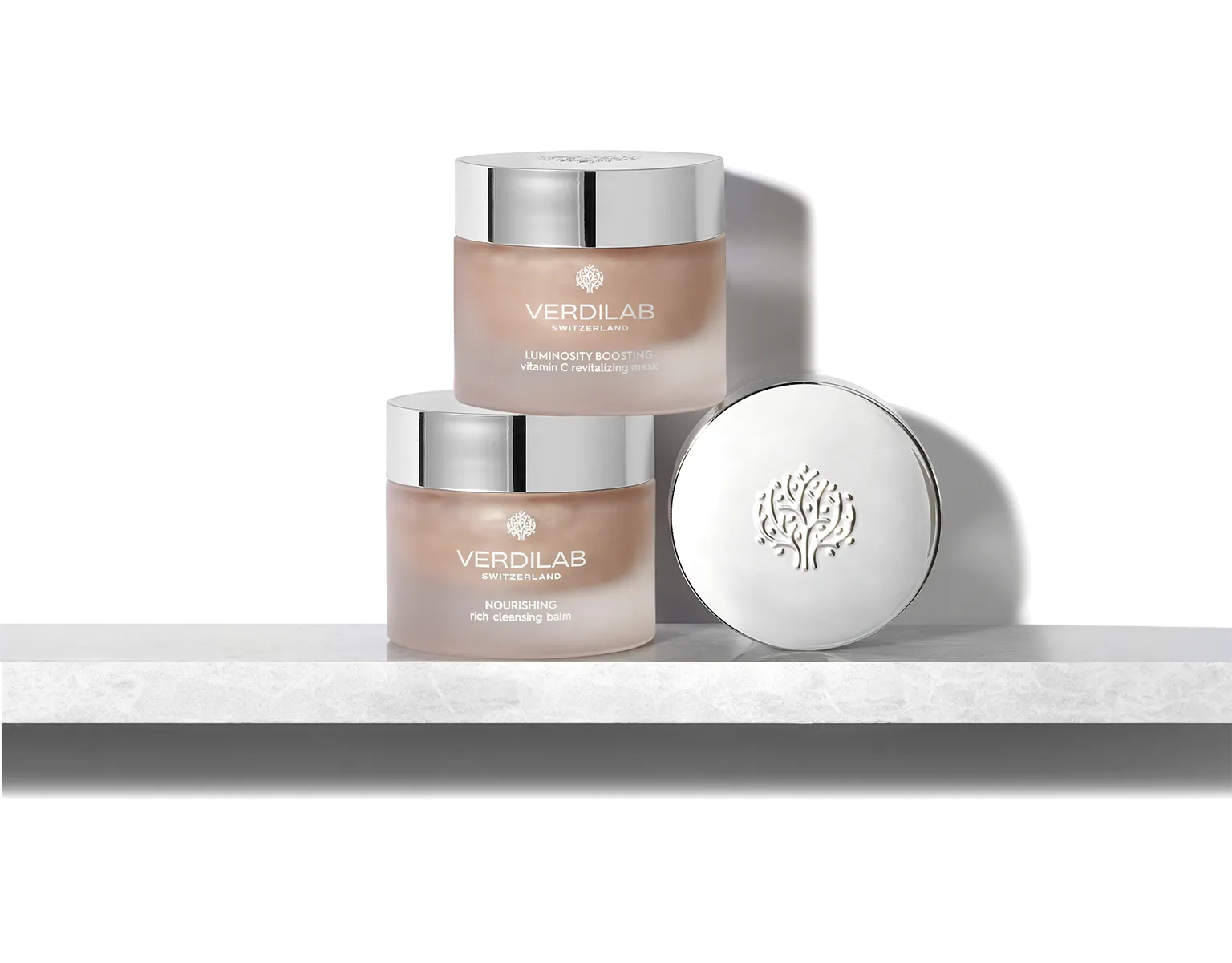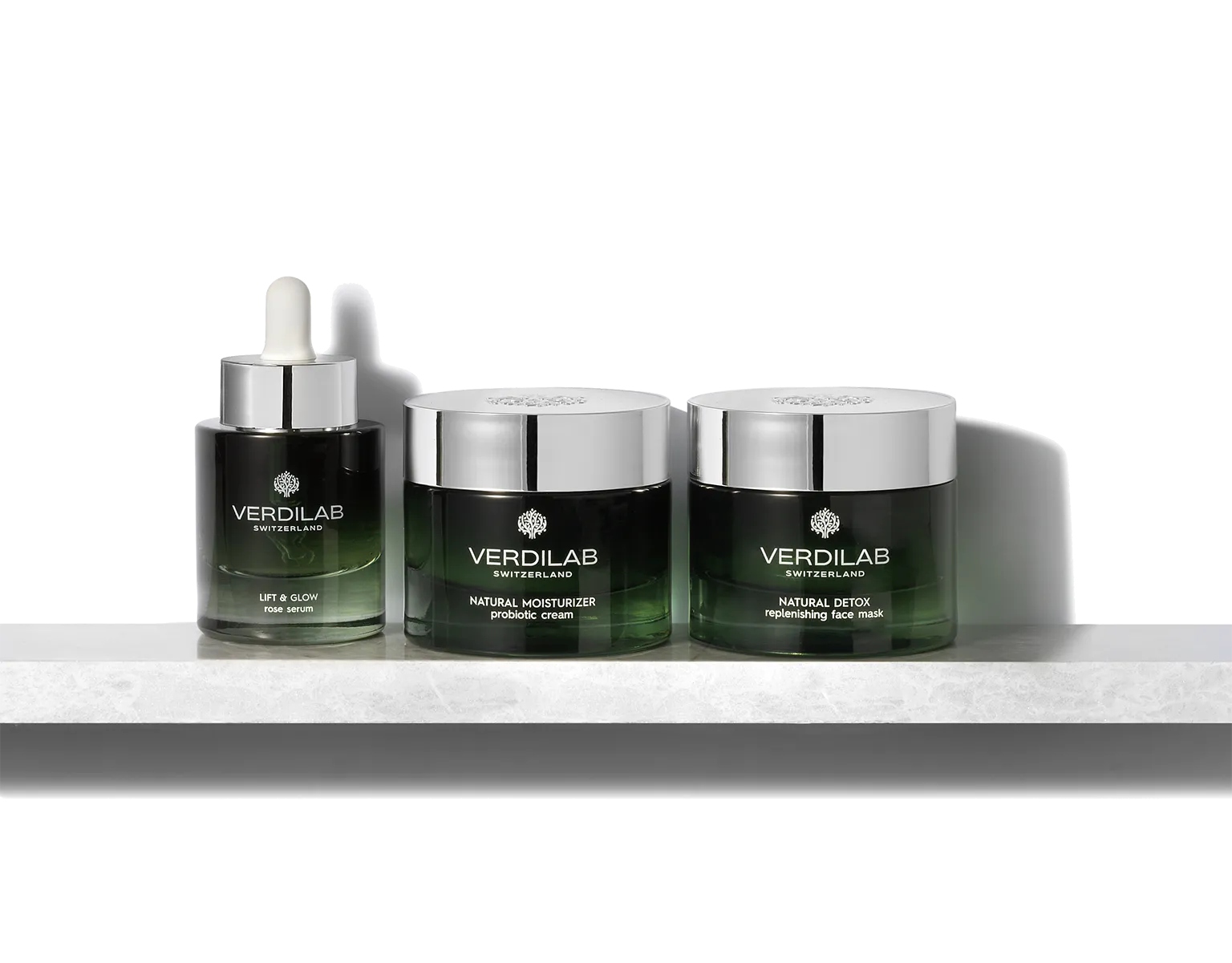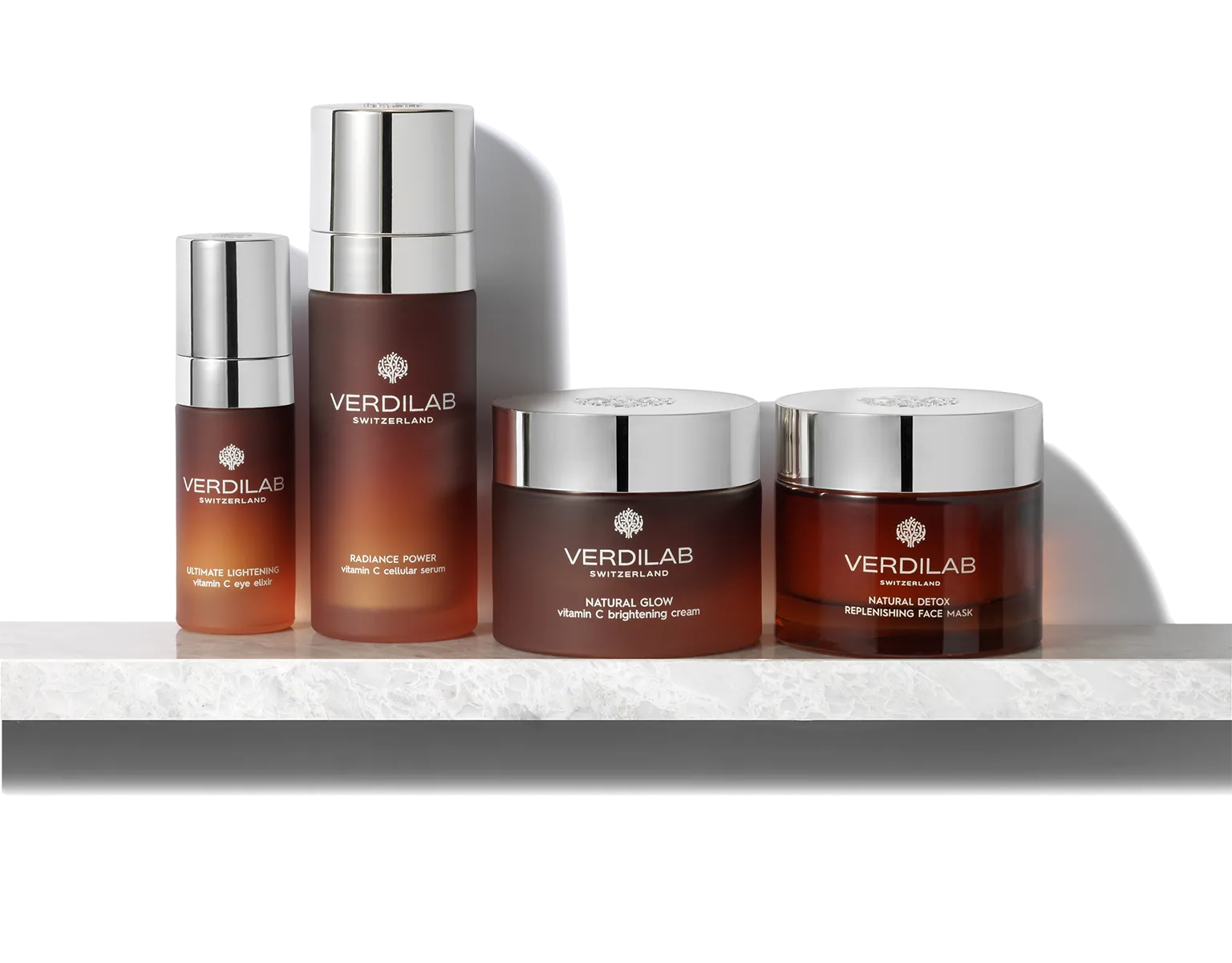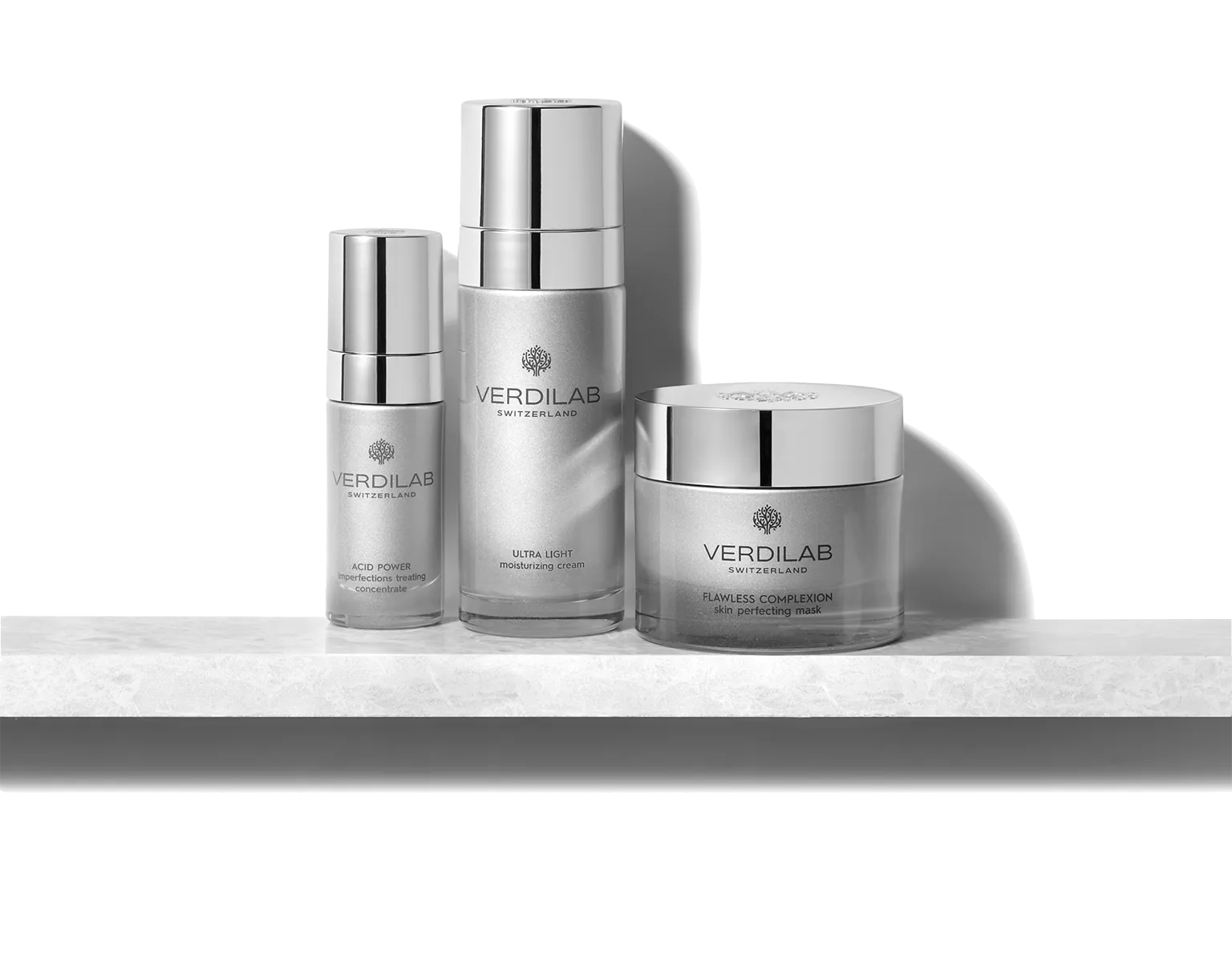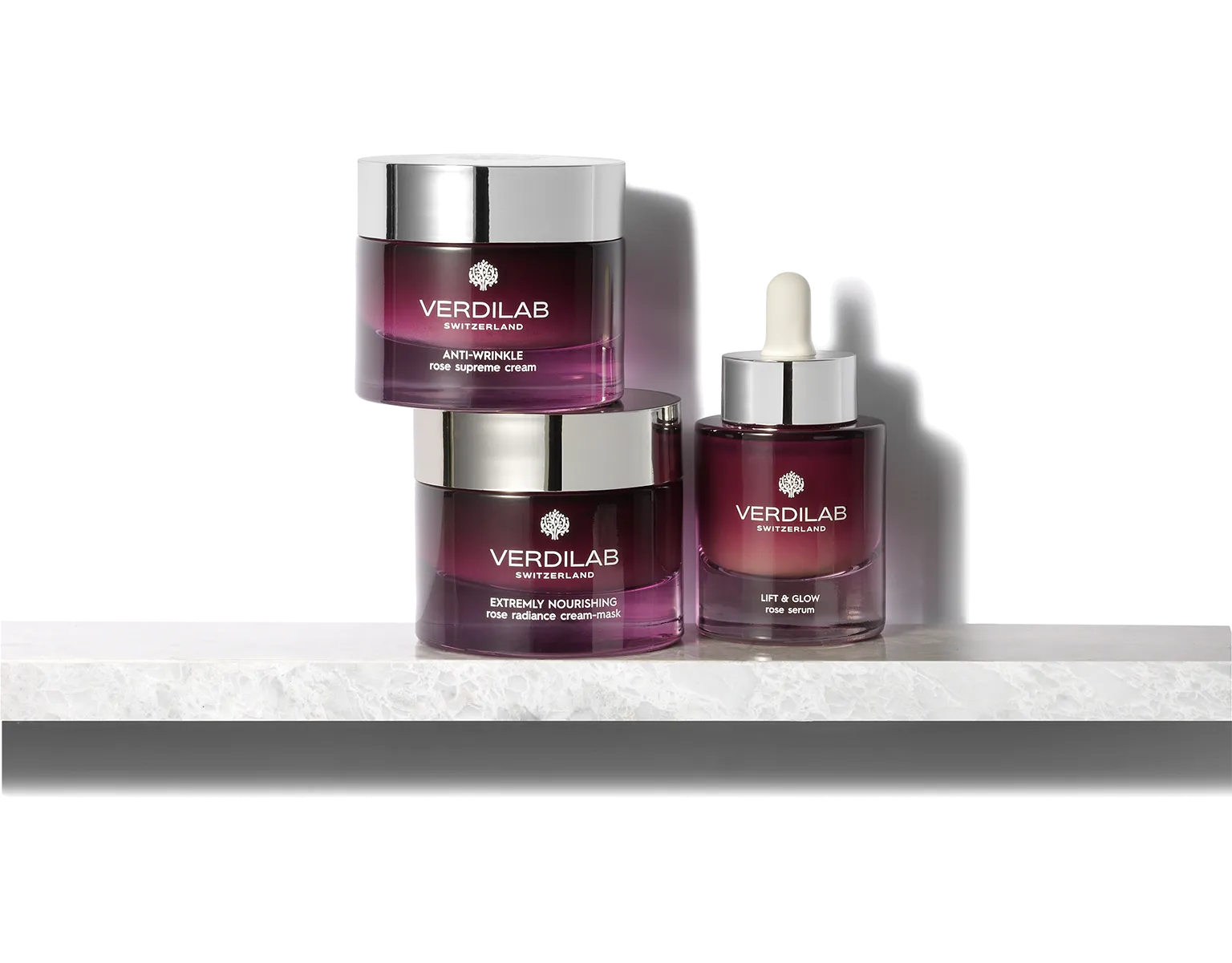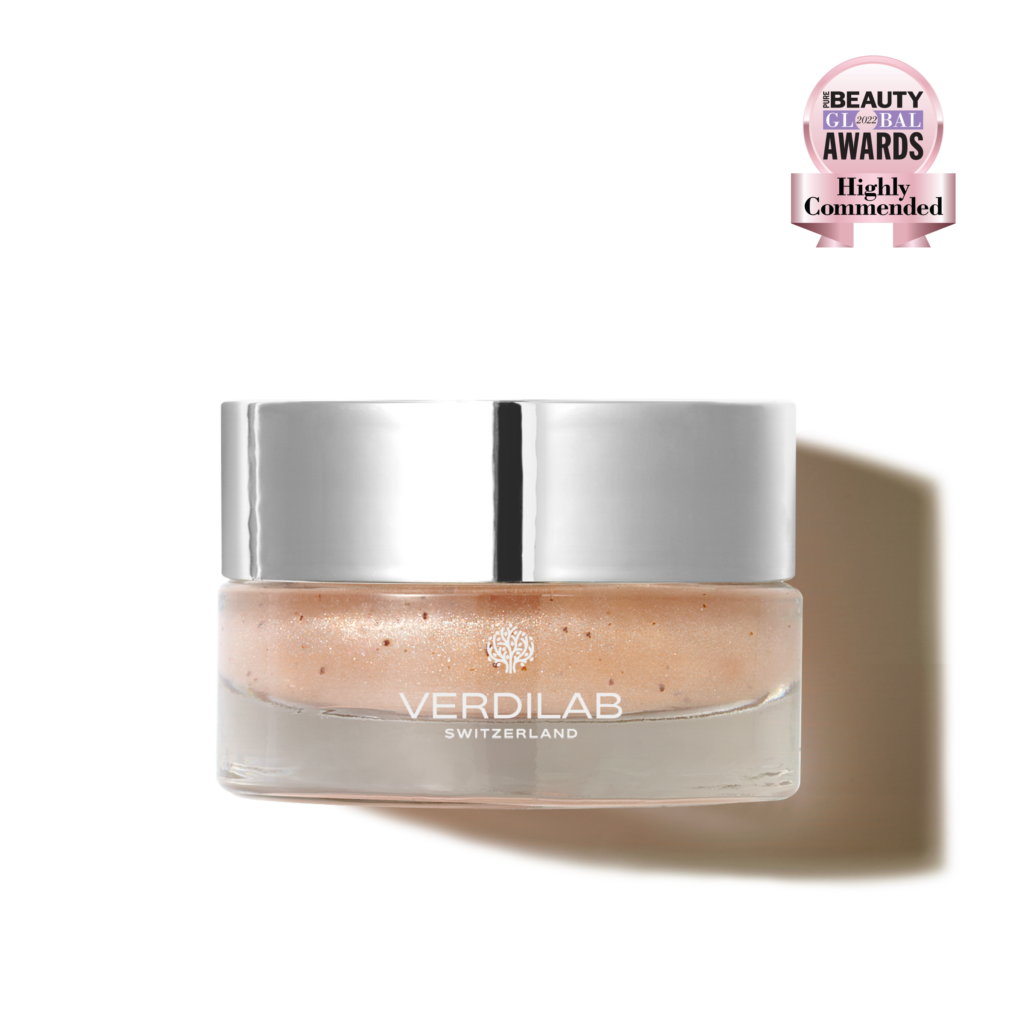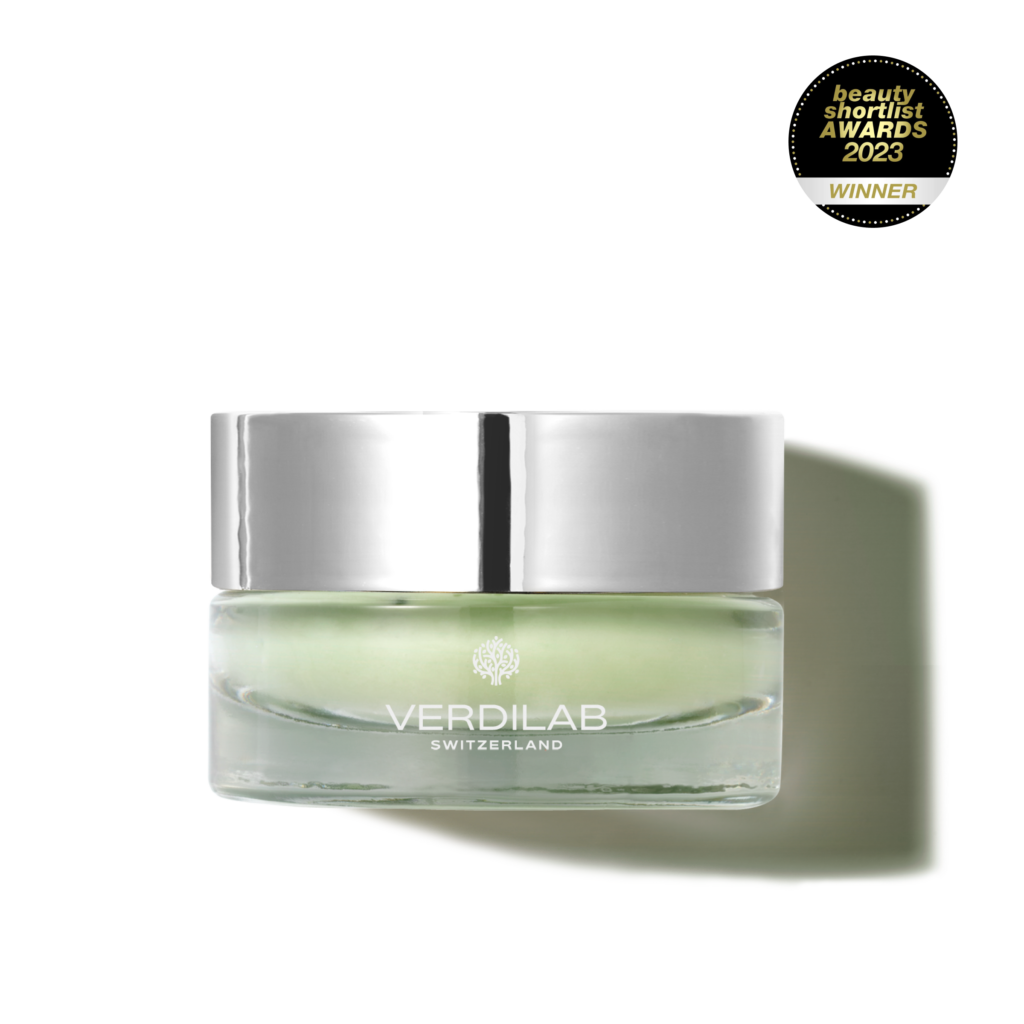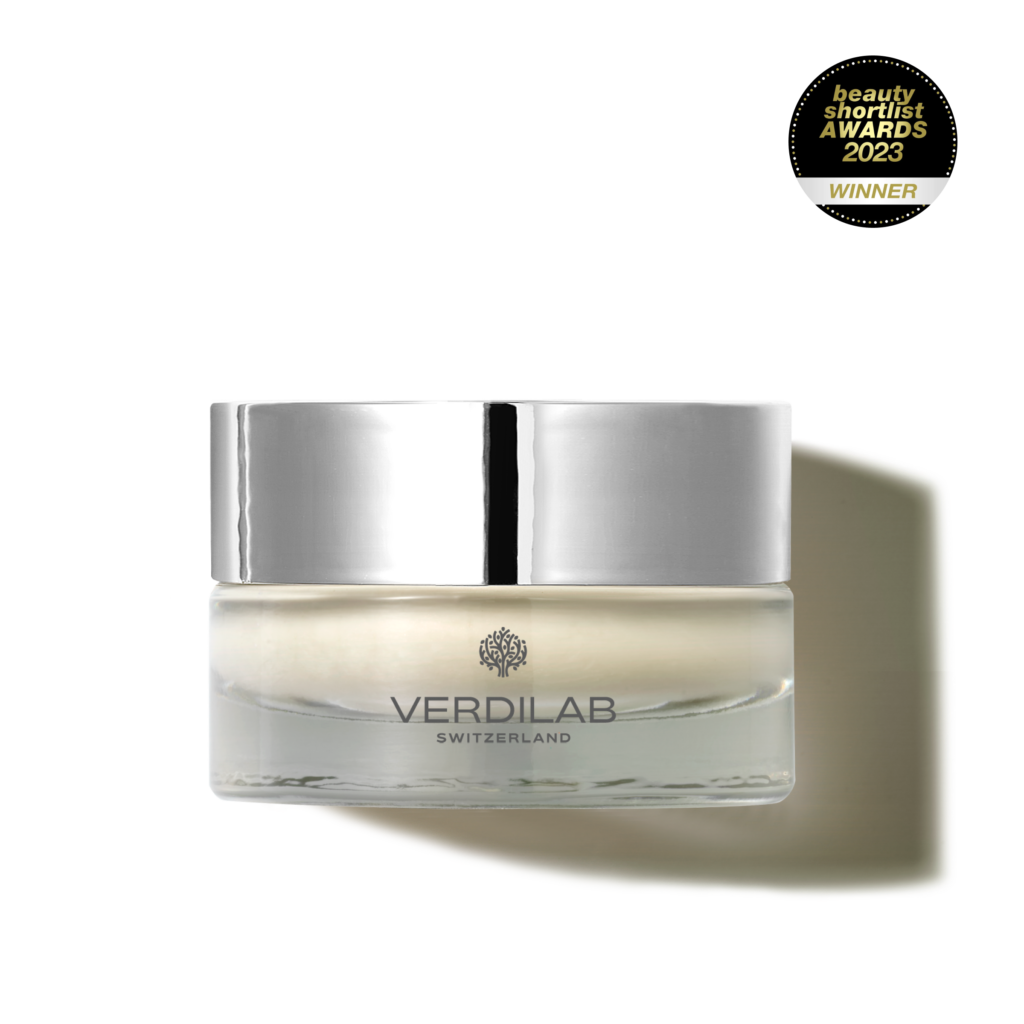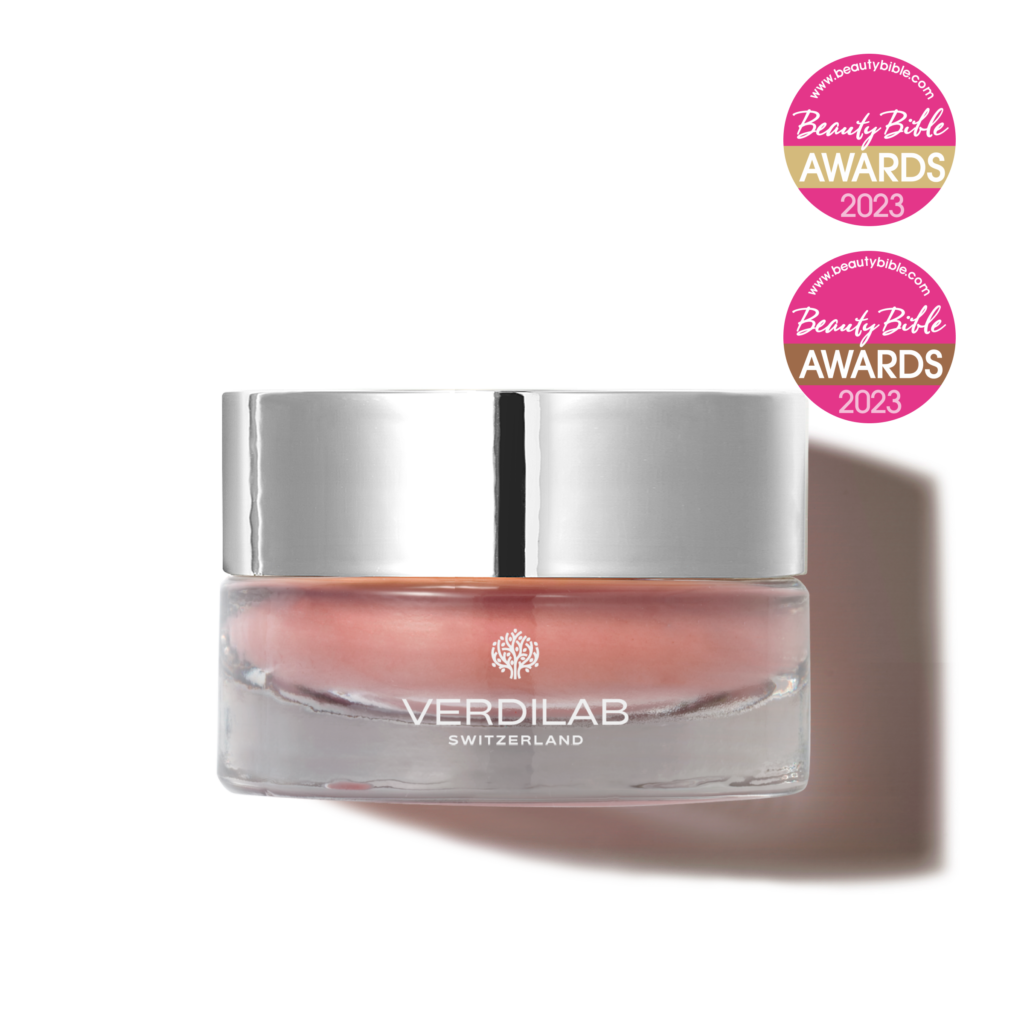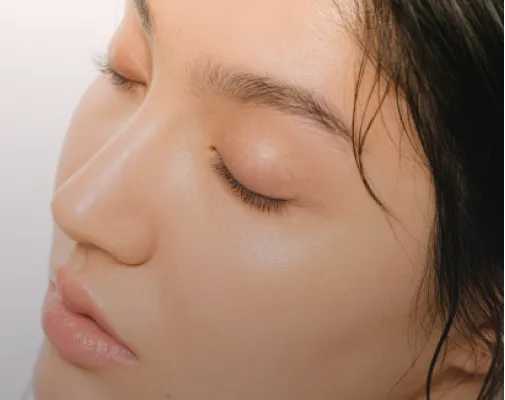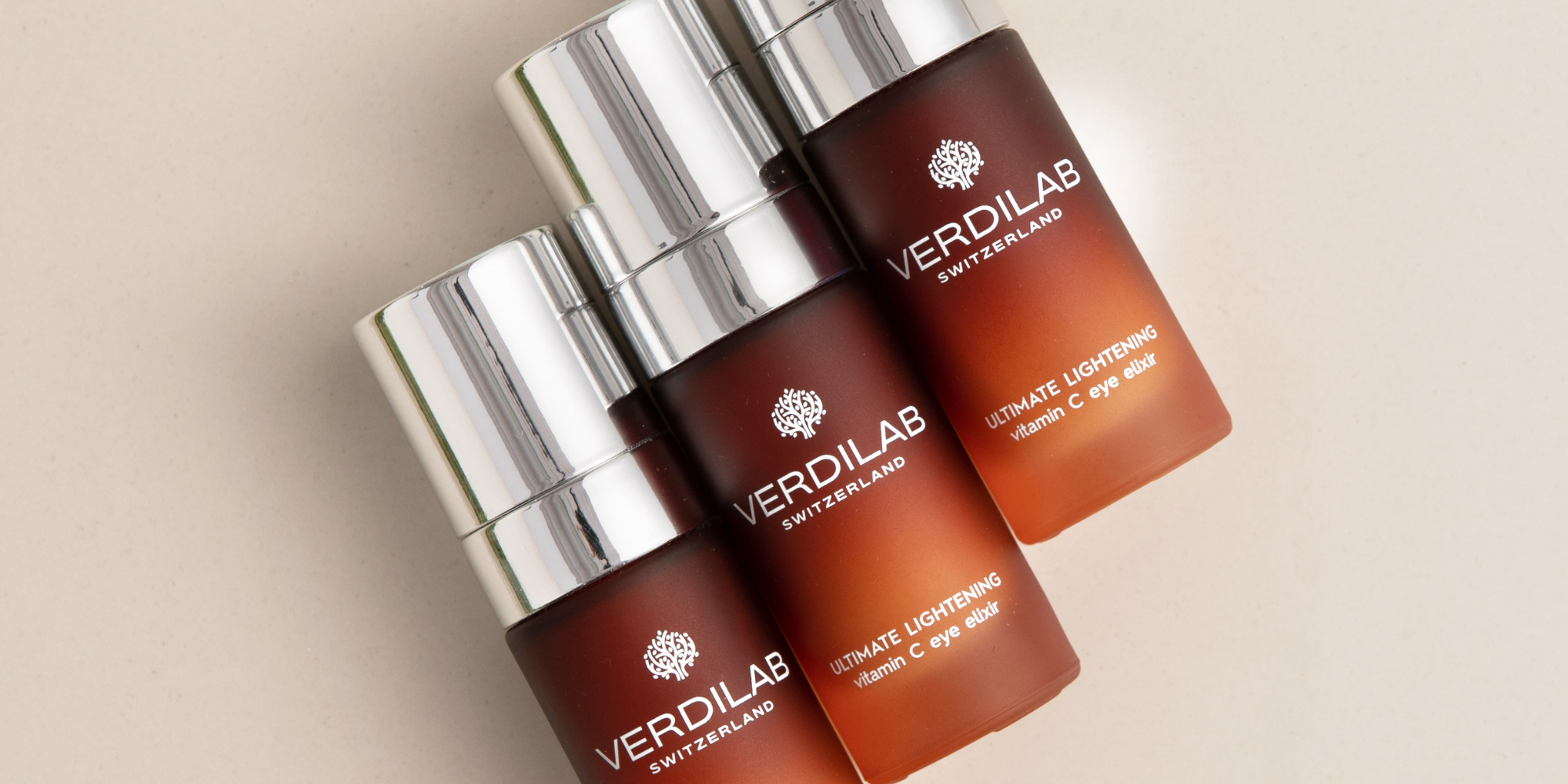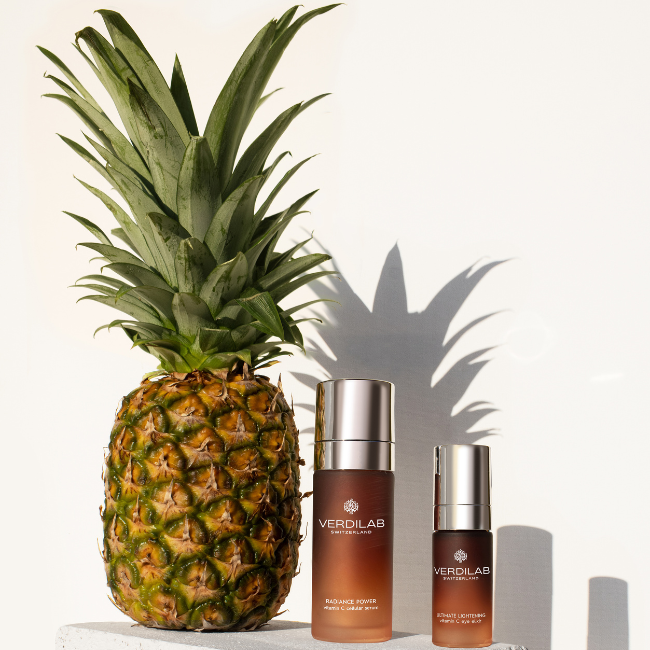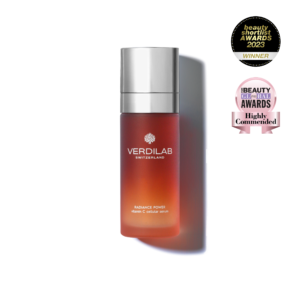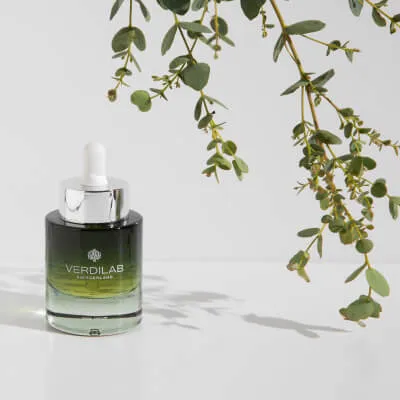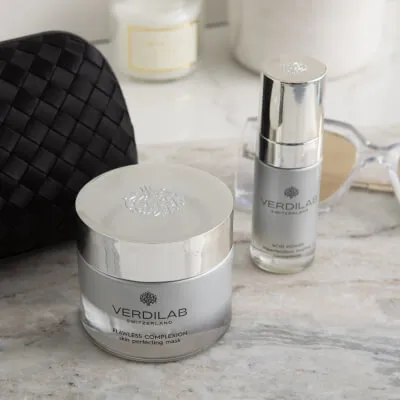Vitamin C is a well-known ingredient in skincare that offers many benefits, especially for those with acne-prone skin. Found in citrus fruits, it is famous for its brightening and anti-aging properties. However, many people wonder if it can help with acne. This article explores how vitamin C can improve acne-prone skin, including its effects on inflammation, acne scars, and hyperpigmentation. Let’s dive into the details to see how vitamin C can fit into your skincare routine.
Key Takeaways
- Vitamin C can help reduce inflammation in acne-prone skin.
- It aids in healing acne scars and fading dark spots.
- Topical vitamin C is more effective than oral supplements for skin benefits.
- Using vitamin C in the morning can protect skin from environmental damage.
- Always choose stable forms of vitamin C in skincare products.
Understanding Acne-Prone Skin
Acne is a common skin condition that occurs when hair follicles become clogged with oil and dead skin cells. This can lead to various types of lesions, including whiteheads, blackheads, and pimples. Understanding the underlying factors that contribute to acne is essential for effective treatment.
Causes of Acne
- Hormonal changes: Fluctuations in hormones can increase oil production.
- Bacterial growth: The presence of Propionibacterium acnes bacteria can exacerbate acne.
- Diet: Certain foods may trigger breakouts in some individuals.
Types of Acne Lesions
Acne can manifest in several forms, including:
- Comedones: These are clogged hair follicles, which can be open (blackheads) or closed (whiteheads).
- Papules: Small, red, raised bumps that can be tender.
- Pustules: Similar to papules but filled with pus.
Role of Sebum in Acne Formation
Sebum is an oily substance produced by sebaceous glands. It plays a crucial role in skin health but can contribute to acne when produced in excess. The overproduction of sebum can lead to clogged pores, creating an environment conducive to acne development.
Acne is not just a cosmetic issue; it can significantly impact mental health and self-esteem. Understanding its causes and types is the first step toward effective management.
| Type of Acne Lesion | Description | Treatment Options |
|---|---|---|
| Comedones | Clogged hair follicles | Topical retinoids, Salicylic acid |
| Papules | Red, raised bumps | Topical antibiotics, Benzoyl peroxide |
| Pustules | Pus-filled lesions | Oral antibiotics, Isotretinoin |
What is Vitamin C?
Vitamin C, also known as ascorbic acid, is a water-soluble vitamin that plays a crucial role in various bodily functions. It is essential for maintaining healthy skin, supporting the immune system, and aiding in collagen production. Here are some key points about Vitamin C:
Chemical Properties of Vitamin C
- Water-soluble: This means it dissolves in water and is not stored in the body.
- Antioxidant: It helps protect cells from damage caused by free radicals.
- Forms: Common forms include L-ascorbic acid, magnesium ascorbyl phosphate, and ascorbyl-6-palmitate.
Sources of Vitamin C
Vitamin C can be found in various foods, including:
- Citrus fruits (oranges, lemons)
- Berries (strawberries, blueberries)
- Vegetables (broccoli, bell peppers)
Vitamin C in Skincare
Topical applications of Vitamin C are popular in skincare due to their potential benefits. These include:
- Brightening skin tone: Helps reduce dark spots and discolorations.
- Promoting collagen synthesis: Essential for skin elasticity and firmness.
- Reducing wrinkles: Contributes to a smoother skin texture.
Vitamin C is not only vital for overall health but also plays a significant role in maintaining a healthy complexion. Its antioxidant properties help combat environmental stressors, making it a valuable ingredient in skincare products.
In summary, Vitamin C is a powerful nutrient that supports skin health and overall well-being. Its various forms and sources make it accessible for both dietary intake and topical application, providing numerous benefits for acne-prone skin.
Vitamin C and Its Role in Skin Health
Antioxidant Properties
Vitamin C is a powerful antioxidant that helps protect the skin from damage caused by free radicals. These unstable molecules can harm skin cells and contribute to aging. By neutralizing free radicals, vitamin C supports skin health and may help prevent premature aging.
Collagen Synthesis
Vitamin C plays a crucial role in collagen synthesis, which is essential for maintaining skin elasticity and firmness. Collagen is a protein that helps keep the skin plump and youthful. As we age, collagen production decreases, leading to wrinkles and sagging skin. Regular use of vitamin C can help boost collagen levels, promoting a healthier appearance.
Protection Against Environmental Stressors
The skin is constantly exposed to environmental stressors such as UV rays, pollution, and harsh weather. Vitamin C helps protect the skin by enhancing its natural defense mechanisms. It can reduce the harmful effects of sun exposure and pollution, making it a valuable addition to any skincare routine.
Vitamin C is essential for maintaining healthy skin and can significantly improve its appearance and resilience against damage.
| Benefit of Vitamin C | Description |
|---|---|
| Antioxidant Protection | Neutralizes free radicals to prevent skin damage |
| Collagen Boosting | Enhances collagen production for firmer skin |
| Environmental Defense | Protects against UV rays and pollution |
In summary, incorporating vitamin C into your skincare routine can provide multiple benefits, including antioxidant protection, collagen synthesis, and defense against environmental stressors. This makes it a vital component for maintaining healthy skin, especially for those with acne-prone skin.
How Vitamin C Affects Acne-Prone Skin
Anti-Inflammatory Effects
Vitamin C is known for its anti-inflammatory properties, which can be beneficial for acne-prone skin. Acne often leads to redness and swelling, and vitamin C may help reduce these symptoms. Studies have shown that topical application of vitamin C can significantly improve the appearance of acne lesions. For instance, a study involving 50 participants found that 61% experienced notable improvements after using a lotion containing 5% sodium ascorbyl phosphate (SAP).
Reduction of Acne Lesions
The application of vitamin C can lead to a decrease in the number of acne lesions. This is particularly important for individuals suffering from various types of acne, such as pustules and papules. The antioxidant properties of vitamin C help combat the oxidative stress that can worsen acne.
Impact on Sebum Production
Vitamin C may also influence sebum production, which is a key factor in acne formation. By preventing the oxidation of sebum, vitamin C can help keep pores clear and reduce the likelihood of breakouts. This is crucial for maintaining a healthy skin environment, especially for those with oily skin types.
Vitamin C not only helps in reducing inflammation but also plays a role in improving overall skin health, making it a valuable addition to the skincare routine of those with acne-prone skin.
Summary Table of Vitamin C Effects on Acne-Prone Skin
| Effect | Description | Evidence Level |
|---|---|---|
| Anti-Inflammatory | Reduces redness and swelling associated with acne lesions | Moderate |
| Reduction of Acne Lesions | Decreases the number of visible acne lesions | High |
| Sebum Production | Helps prevent oxidation of sebum, reducing clogged pores | Moderate |
Vitamin C and Hyperpigmentation
Mechanism of Hyperpigmentation
Hyperpigmentation occurs when certain factors trigger an increase in melanin production, leading to dark spots on the skin. Common causes include:
- Acne: Dark spots left after pimples heal.
- Sun Exposure: Prolonged UV exposure can cause sunspots.
- Skin Injuries: Any injury to the skin can lead to darkened areas.
Vitamin C’s Role in Reducing Dark Spots
Vitamin C can help reduce hyperpigmentation by interfering with an enzyme called tyrosinase, which is responsible for melanin production. This action can lead to:
- Brightening of the skin: Vitamin C acts as a natural brightening agent.
- Reduction of dark spots: It helps diminish the appearance of post-inflammatory hyperpigmentation.
- Improved skin tone: Regular use can lead to a more even skin tone.
Clinical Studies on Hyperpigmentation
Several studies have shown that topical application of Vitamin C can significantly reduce hyperpigmentation. For instance:
- Topical Vitamin C combined with iontophoresis (an electrical method to enhance absorption) showed promising results in reducing dark spots.
- Combination Treatments: Many studies use Vitamin C alongside other ingredients, making it hard to isolate its specific effects. However, it is generally accepted that Vitamin C enhances the effectiveness of other treatments.
In summary, Vitamin C may help reduce hyperpigmentation and improve overall skin appearance, but combining it with other treatments often yields the best results.
Vitamin C and Acne Scars
Types of Acne Scars
Acne scars can be categorized into three main types:
- Atrophic Scars: These scars result in a loss of skin tissue and collagen, appearing as small indentations.
- Hypertrophic Scars: These are raised scars caused by excess collagen production.
- Keloidal Scars: Similar to hypertrophic scars, but they extend beyond the original wound site.
Collagen Boosting Effects
Vitamin C plays a crucial role in collagen synthesis, which is essential for skin healing. By promoting collagen production, vitamin C helps in:
- Accelerating the healing of acne wounds.
- Reducing the appearance of scars over time.
- Improving overall skin texture and firmness.
Precautions for Sensitive Skin
While vitamin C can be beneficial, it’s important to consider the following precautions:
- Patch Test: Always perform a patch test before full application to check for irritation.
- Choose the Right Form: For sensitive skin, opt for gentler forms of vitamin C, such as magnesium ascorbyl phosphate.
- Consult a Dermatologist: If you have concerns, seek professional advice before incorporating vitamin C into your routine.
Vitamin C not only aids in healing but also helps in reducing the visibility of scars, making it a valuable addition to skincare for those with acne-prone skin.
Incorporating Vitamin C into Your Skincare Routine
.png)
Choosing the Right Vitamin C Product
When selecting a vitamin C product, consider the following types:
- L-ascorbic acid: The most common and effective form.
- Magnesium ascorbyl phosphate: A stable option for sensitive skin.
- Ascorbyl-6-palmitate: Another stable choice, suitable for oily skin.
It is essential to choose a product that suits your skin type to maximize benefits.
Application Tips
To effectively incorporate vitamin C into your routine, follow these steps:
- Cleanse your face to remove dirt and oil.
- Apply vitamin C serum on dry skin, ideally in the morning.
- Moisturize to lock in hydration.
- Use sunscreen to protect your skin from UV damage.
Combining Vitamin C with Other Ingredients
Vitamin C can work well with various ingredients, but timing is crucial. For example:
- Retinol: Use retinol at night and vitamin C in the morning to avoid irritation.
- Salicylic acid: Apply at different times of the day to prevent skin sensitivity.
- Hyaluronic acid: This can be layered with vitamin C for added hydration.
Incorporating vitamin C into your skincare routine can enhance skin health and improve the appearance of acne-prone skin. However, always consult a dermatologist when introducing new products.
Summary
Incorporating vitamin C into your skincare routine can be beneficial for acne-prone skin. By choosing the right product, applying it correctly, and combining it with other ingredients wisely, you can achieve healthier skin. Remember to consult with a professional for personalized advice.
Potential Side Effects of Vitamin C
Skin Irritation
While vitamin C is generally safe for most individuals, some may experience mild skin irritation. Common symptoms include:
- Redness
- Itching
- Dryness
These reactions are usually temporary and can often be managed by adjusting the frequency of application or switching to a gentler formulation.
Interactions with Other Skincare Products
Vitamin C can interact with certain ingredients, potentially leading to adverse effects. It is advisable to avoid combining vitamin C with:
- Benzoyl peroxide
- Retinol
- Niacinamide
These combinations may reduce the effectiveness of vitamin C or increase skin irritation.
Managing Side Effects
To minimize the risk of side effects, consider the following tips:
- Start slow: Use vitamin C products every few days before increasing to daily use.
- Patch test: Always perform a patch test to check for adverse reactions.
- Consult a dermatologist: If you have sensitive skin or experience persistent irritation, seek professional advice.
Vitamin C is a powerful antioxidant, but it’s essential to use it correctly to avoid potential side effects. Adjusting your routine can help you enjoy its benefits without discomfort.
Summary of Side Effects
| Side Effect | Description |
|---|---|
| Skin Irritation | Redness, itching, dryness |
| Product Interactions | May reduce effectiveness or irritate |
| Gastrointestinal | High doses may cause nausea, cramps |
Comparing Topical and Oral Vitamin C
Efficacy of Topical Vitamin C
Topical vitamin C is widely recognized for its benefits in skincare. It is applied directly to the skin and can provide immediate effects. Here are some key points regarding its efficacy:
- Direct application allows for higher concentrations to reach the skin.
- It helps in reducing hyperpigmentation and improving skin texture.
- Topical vitamin C can enhance sun protection when used alongside sunscreen.
Limitations of Oral Vitamin C
Oral vitamin C, while beneficial for overall health, has limitations when it comes to skin benefits. Here are some considerations:
- Lower bioavailability: Only a small amount reaches the skin.
- Potential gastrointestinal issues: High doses can cause nausea or diarrhea.
- Not a substitute for topical use: Oral vitamin C does not provide the same direct benefits to the skin as topical applications.
Best Practices for Use
To maximize the benefits of vitamin C in your skincare routine, consider the following:
- Use topical vitamin C products like serums or creams for targeted skin benefits.
- Incorporate oral vitamin C through a balanced diet for overall health.
- Consult with a dermatologist for personalized recommendations.
Vitamin C is essential for skin health, but topical application is preferred for treating acne and improving skin appearance.
In summary, while both forms of vitamin C have their advantages, topical vitamin C is more effective for addressing skin concerns, particularly in acne-prone individuals. This is supported by clinical findings that emphasize the importance of direct application for optimal results.
Expert Opinions on Vitamin C for Acne-Prone Skin
Dermatologists’ Views
Many dermatologists recognize the potential benefits of vitamin C for acne-prone skin. Dr. Rachel Nazarian, a board-certified dermatologist, emphasizes that vitamin C can enhance skin tone and protect against environmental stressors. This is particularly important for individuals with acne, as their skin is often more sensitive and reactive.
Clinical Research Findings
Recent studies have shown promising results regarding the use of vitamin C in treating acne. For instance, a study indicated that topical application of sodium ascorbyl phosphate (a form of vitamin C) led to significant improvements in acne lesions for 61% of participants over 12 weeks. This suggests that vitamin C may help reduce inflammation and improve the overall appearance of acne-prone skin.
Myths and Facts About Vitamin C and Acne
Common Misconceptions
There are several myths surrounding the use of vitamin C for acne-prone skin. Understanding these can help individuals make informed decisions about their skincare routines. Here are some prevalent myths:
- Vitamin C makes skin sensitive to the sun: This is a common belief, but research indicates that vitamin C can actually help protect the skin from UV damage.
- Vitamin C is unsuitable for sensitive skin: Many formulations are designed specifically for sensitive skin, making it accessible for most skin types.
- Higher concentrations are always better: While higher concentrations can be effective, they may also lead to irritation for some users.
Evidence-Based Facts
The following points highlight the scientifically supported benefits of vitamin C for acne-prone skin:
- Antioxidant properties: Vitamin C helps neutralize free radicals, which can damage skin cells.
- Reduces inflammation: Studies show that vitamin C can help decrease the number of acne lesions due to its anti-inflammatory effects.
- Supports collagen production: This vitamin plays a crucial role in collagen synthesis, which is essential for skin healing and repair.
Debunking Myths
In summary, it is essential to differentiate between myths and facts regarding vitamin C and acne. Understanding the science behind vitamin C can empower individuals to use it effectively in their skincare routines.
Vitamin C is not just a trendy ingredient; it has proven benefits for skin health, especially for those dealing with acne and its aftermath.
Many people believe that vitamin C can cure acne, but that’s not entirely true. While vitamin C is great for your skin, it doesn’t directly fight acne. Instead, it helps brighten your skin and reduce dark spots. If you’re curious about how to best care for your skin, visit our website for expert advice and products tailored just for you!
Conclusion
In summary, vitamin C can be beneficial for those with acne-prone skin. This powerful antioxidant helps reduce inflammation and can lighten dark spots left by previous breakouts. While it is not a cure-all for acne, incorporating vitamin C into your skincare routine may improve your skin’s overall appearance. It is important to use it correctly, applying it to clean skin and following up with a moisturizer. Always consult with a dermatologist if you have concerns about your skin or are considering adding new products to your routine.
Frequently Asked Questions
What is Vitamin C and how does it help skin?
Vitamin C, also known as ascorbic acid, is a vitamin that helps keep your skin healthy. It can brighten your skin, reduce wrinkles, and improve overall skin tone.
Can Vitamin C help with acne?
Yes, Vitamin C can help with acne by reducing inflammation and helping to heal the skin. It may also help decrease the number of acne lesions.
What are the benefits of using Vitamin C for acne scars?
Vitamin C can help fade dark spots and improve the appearance of acne scars by promoting collagen production, which helps heal the skin.
Is it safe to use Vitamin C on sensitive skin?
Vitamin C can be safe for sensitive skin, but it’s best to start with a lower concentration and see how your skin reacts. If irritation occurs, reduce usage.
How should I apply Vitamin C in my skincare routine?
Apply Vitamin C serum to clean, dry skin in the morning. Follow it up with a moisturizer and sunscreen for best results.
Can I use Vitamin C with other skincare products?
Yes, you can use Vitamin C with other products, but avoid mixing it with strong acids or retinol, as it may cause irritation.
Are there any side effects of using Vitamin C?
Some people may experience mild irritation or redness when using Vitamin C, especially if they have sensitive skin.
How long does it take to see results from Vitamin C?
Results can vary, but many people start to see improvements in their skin tone and texture within a few weeks of consistent use.
